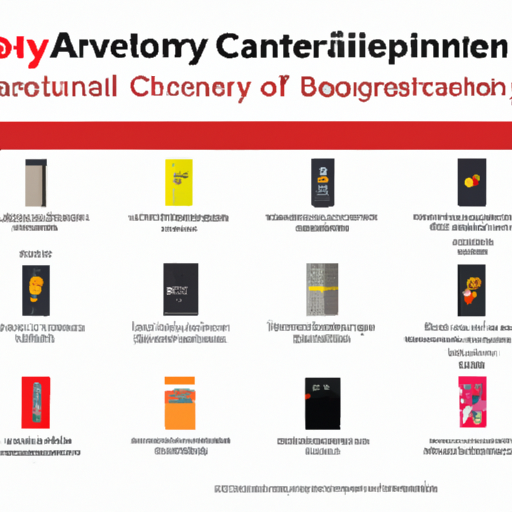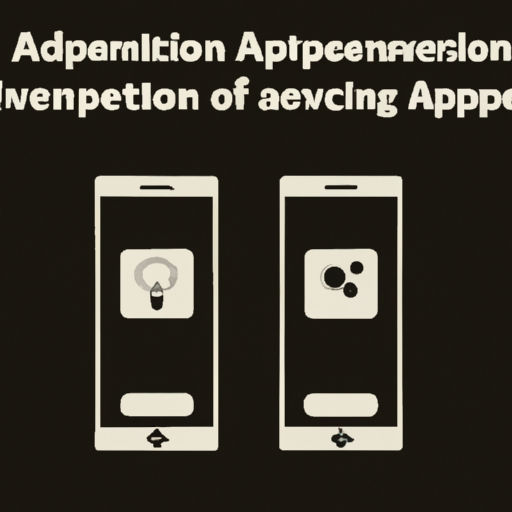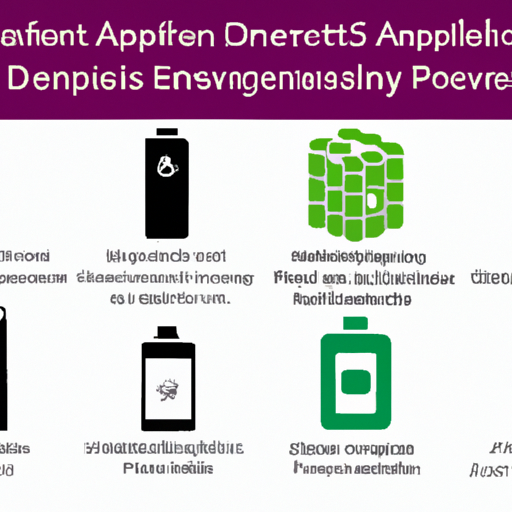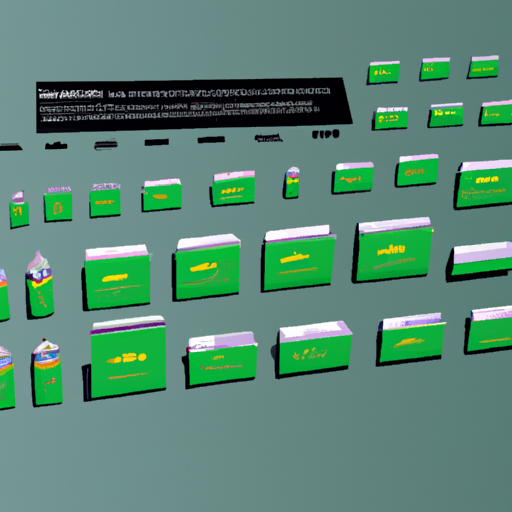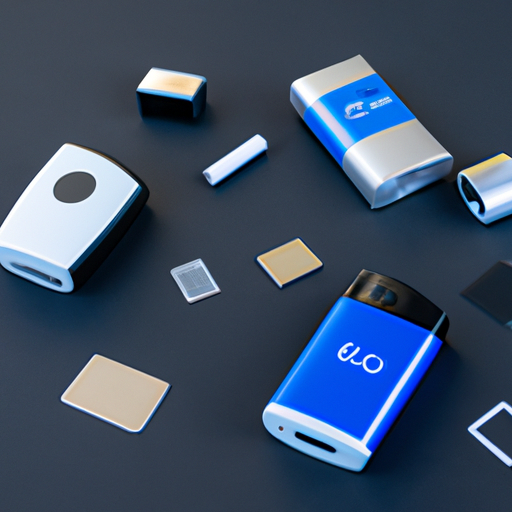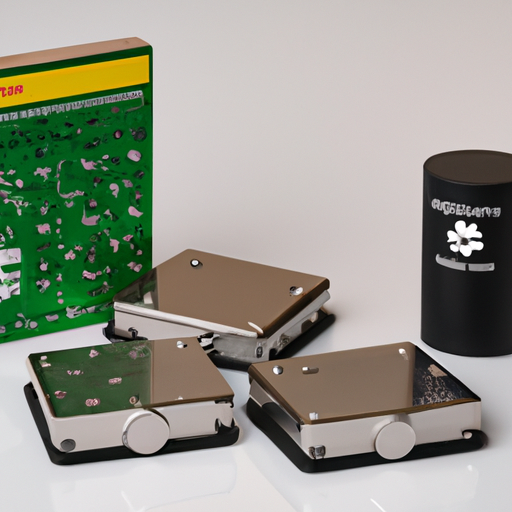Certainly! Here’s a detailed overview of core functional technologies and application development cases for battery products, emphasizing their effectiveness across various sectors.
Core Functional Technologies in Battery Products
| 1. Lithium-Ion Batteries (Li-ion) |
| 2. Solid-State Batteries |
| 3. Nickel-Metal Hydride Batteries (NiMH) |
| 4. Lead-Acid Batteries |
| 5. Flow Batteries |
| 6. Sodium-Ion Batteries |
| 7. Graphene Batteries |
| 1. Electric Vehicles (EVs) |
| 2. Renewable Energy Storage |
| 3. Consumer Electronics |
| 4. Grid Energy Storage |
| 5. Medical Devices |
| 6. Aerospace Applications |
| 7. Smart Grids |
Application Development Cases
Conclusion
The battery industry is undergoing rapid transformation, driven by advancements in materials, chemistry, and technology. From electric vehicles to renewable energy storage, the effective development and deployment of battery products are essential for a sustainable future. As research and innovation continue, we can anticipate the emergence of even more efficient, safer, and cost-effective battery solutions, paving the way for a cleaner and more energy-efficient world.

